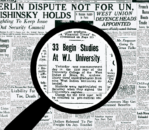
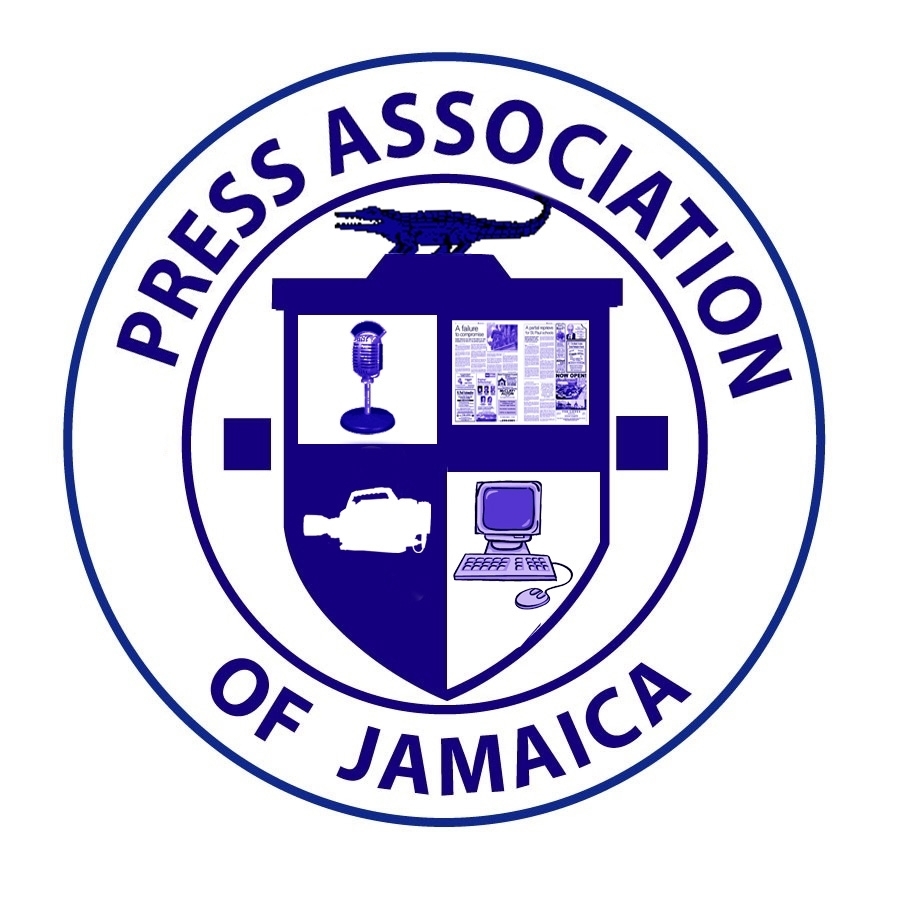
The Press Association of Jamaica (PAJ) is calling for a repeal of the Gun Court Act to allow the media to cover court proceedings.
The PAJ’s call follows a statement by the Judiciary of Jamaica explaining why the decisions were taken by the presiding judge in the Joylan Silvera murder case to bar the media and family members from viewing court proceedings on January 26.
There has been widespread public backlash following the exclusion of the media in the high-level murder case. The PAJ has since called for a rollback of this decision.
However, the Jamaican Judiciary argued that provisions under the Gun Court Act allow for judges presiding in the Gun Court to exclude members of the public from being inside the court when offences under the Gun Court Act are being addressed.
Section 13(1) of the Gun Court Act states that in the interest of public safety or public order, no person present at any sitting of the court except; members and officers of the court and any constable or security personnel required by the court, parties to the case before the court, their attorneys, witnesses and other persons directly concerned with the case, other persons of the court may be specifically authorise to be present.
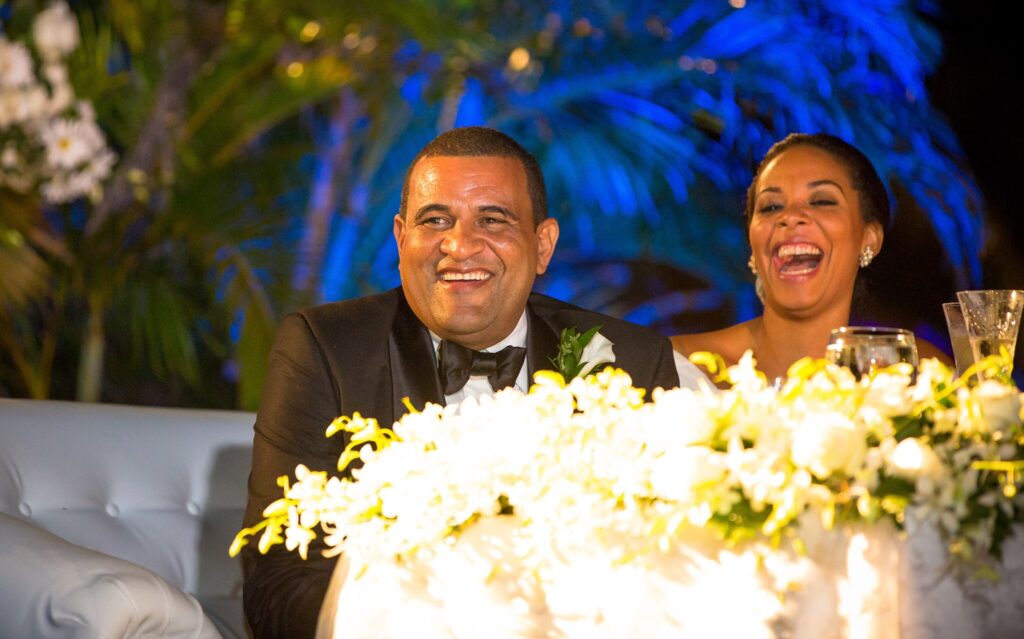
The PAJ is now calling for a repeal of 13(1) of the Gun Court Act, arguing that it is inconsistent with the Constitution of Jamaica, including the right to due process as set out in the Constitution.
“The PAJ, therefore, calls for the repeal of Section 13 of the Gun Court Act and its replacement with a provision in which the “default position” is public proceedings. Exclusion from court for legitimate reasons should be the exception and not the norm,” the PAJ argued.
It added: “Over the years, the justice system has found ways to protect vulnerable witnesses in high-profile murder cases involving the gun without excluding the media and the public, such as remote testimony via video call in the Uchence gang trial. Constitutionally, there would be a high bar for excluding the media and the public from court, especially given the less restrictive but still effective measures for protecting witnesses already in use in Jamaican courts. As stated above, any such decision would have to be justified. Arbitrary invocations of a judge’s discretion would certainly not qualify.”

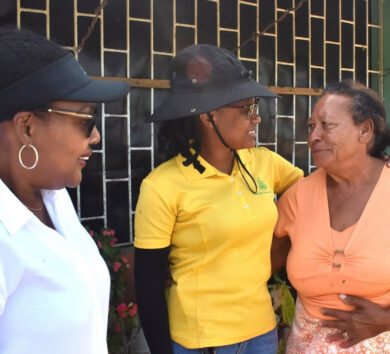
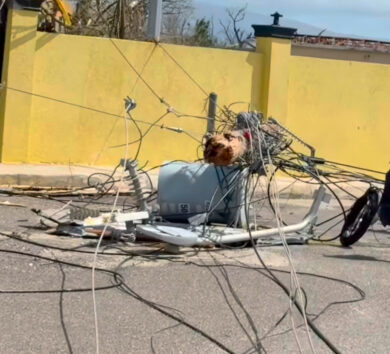




Comments